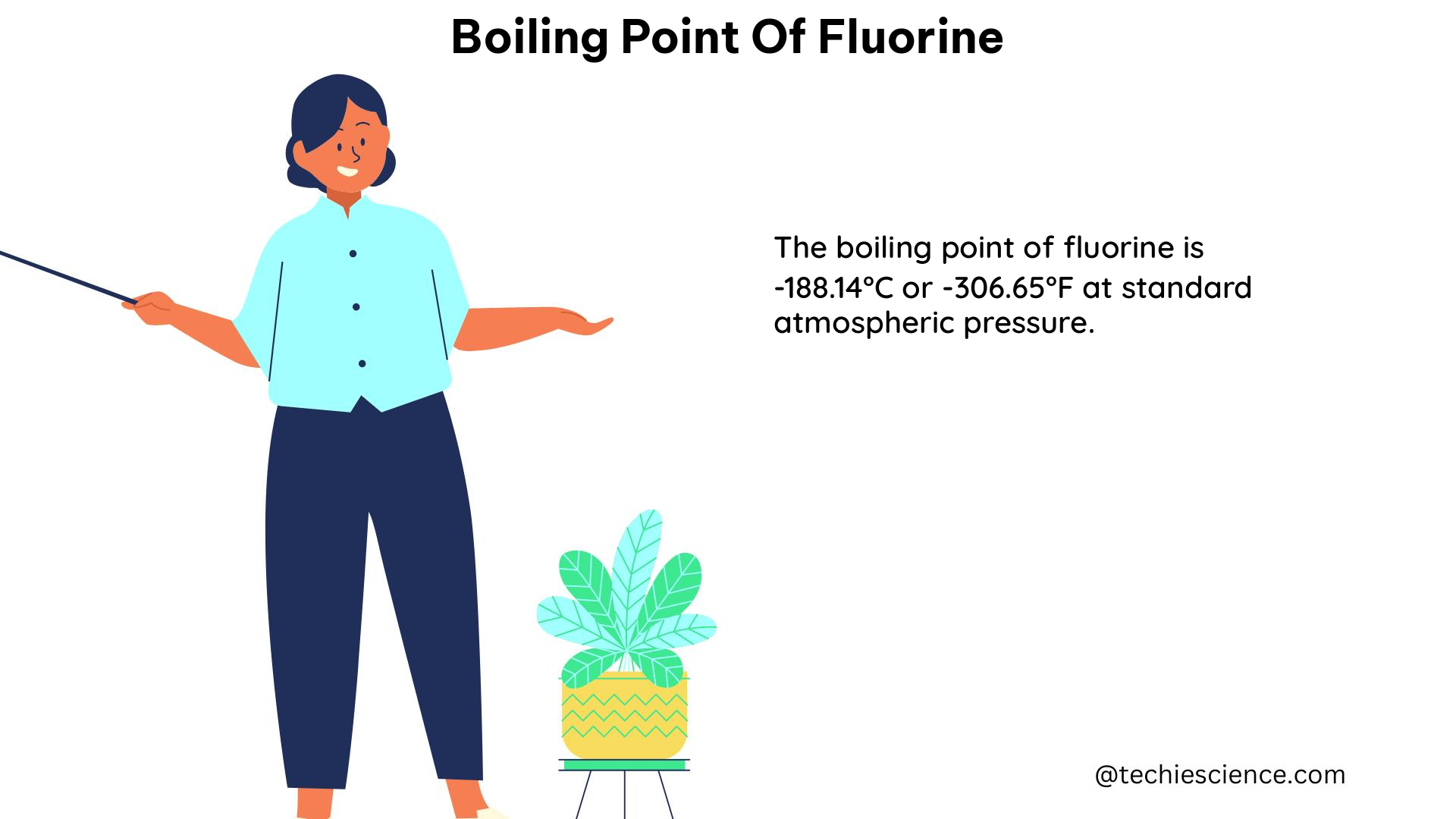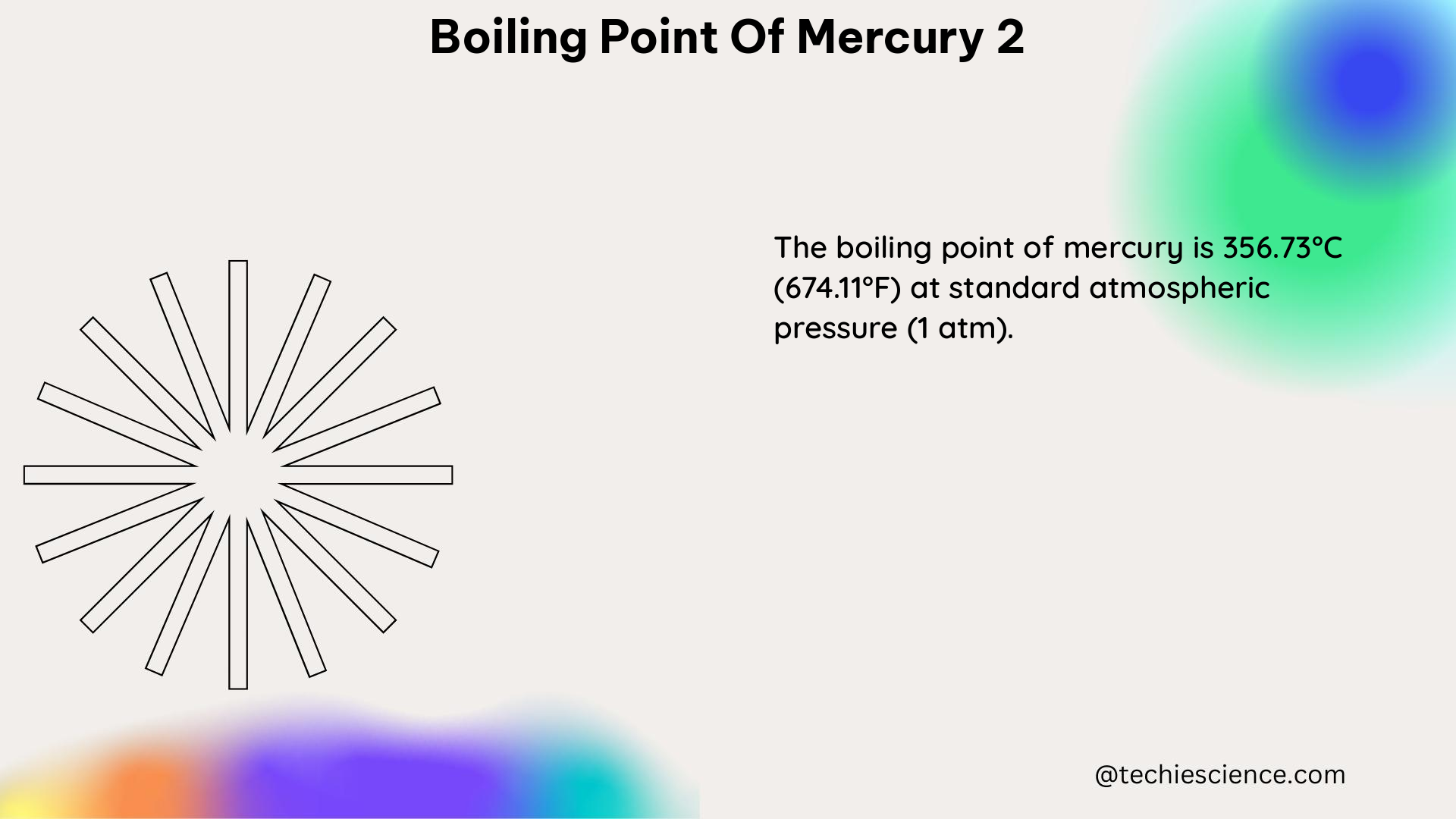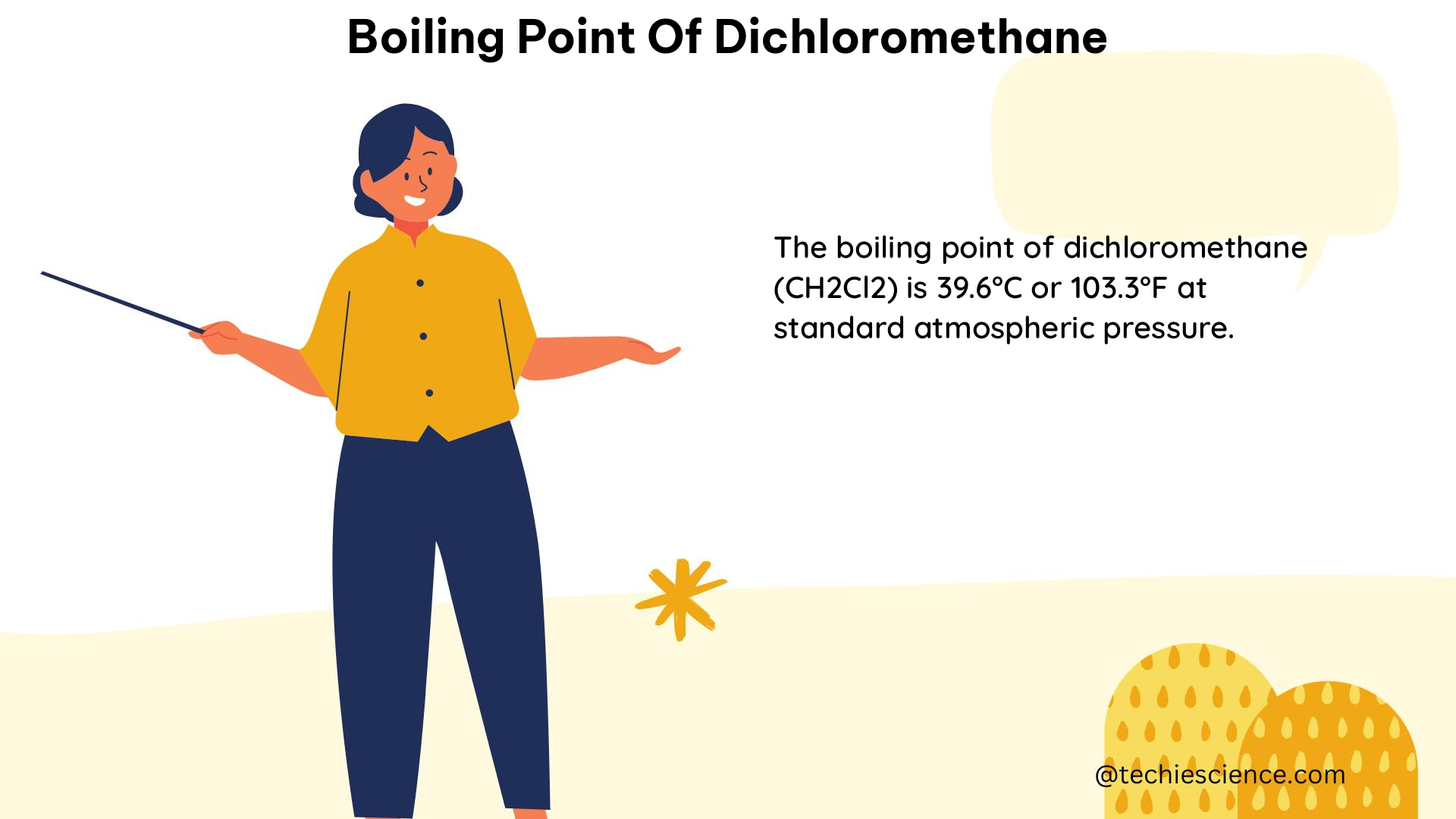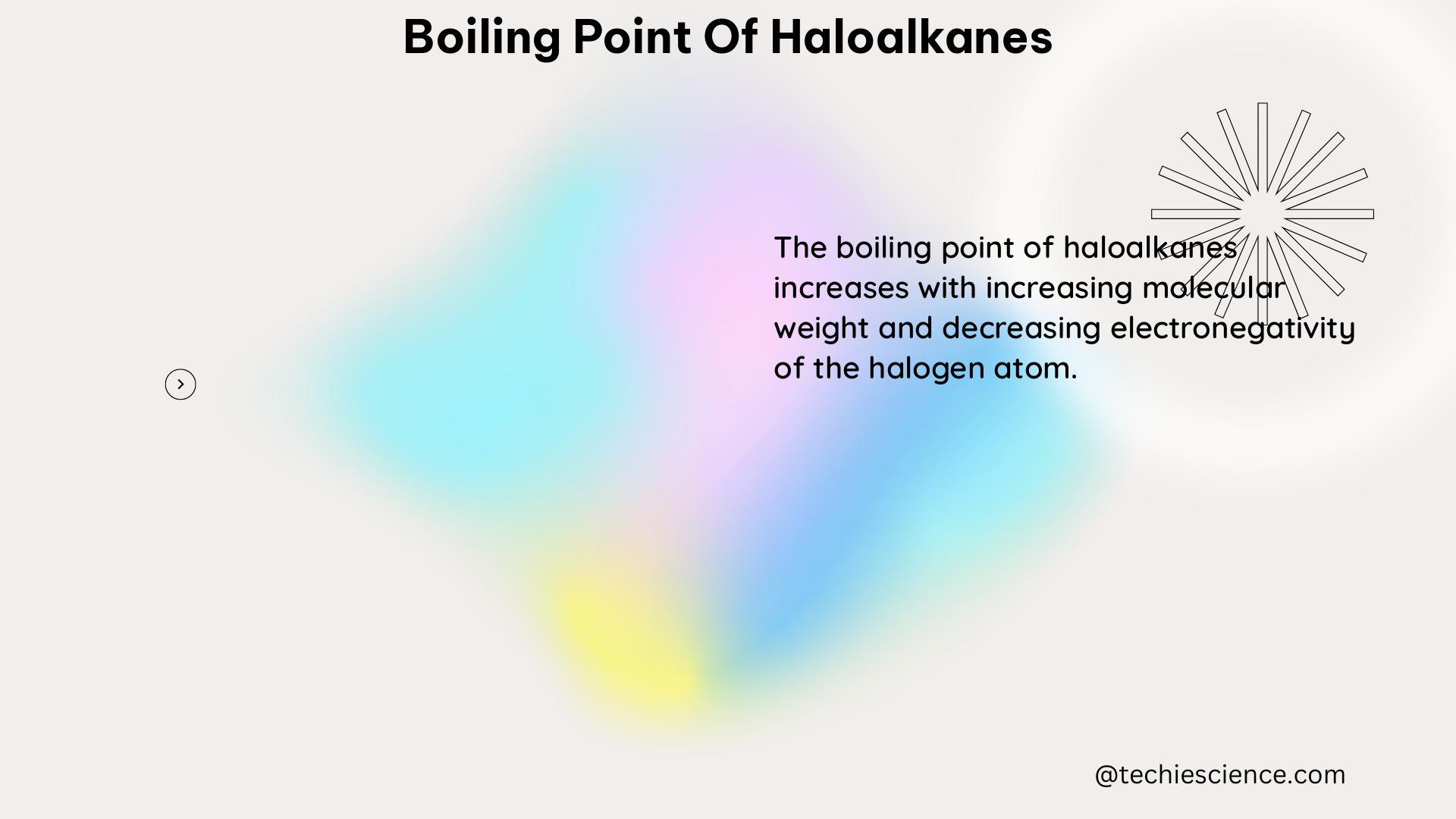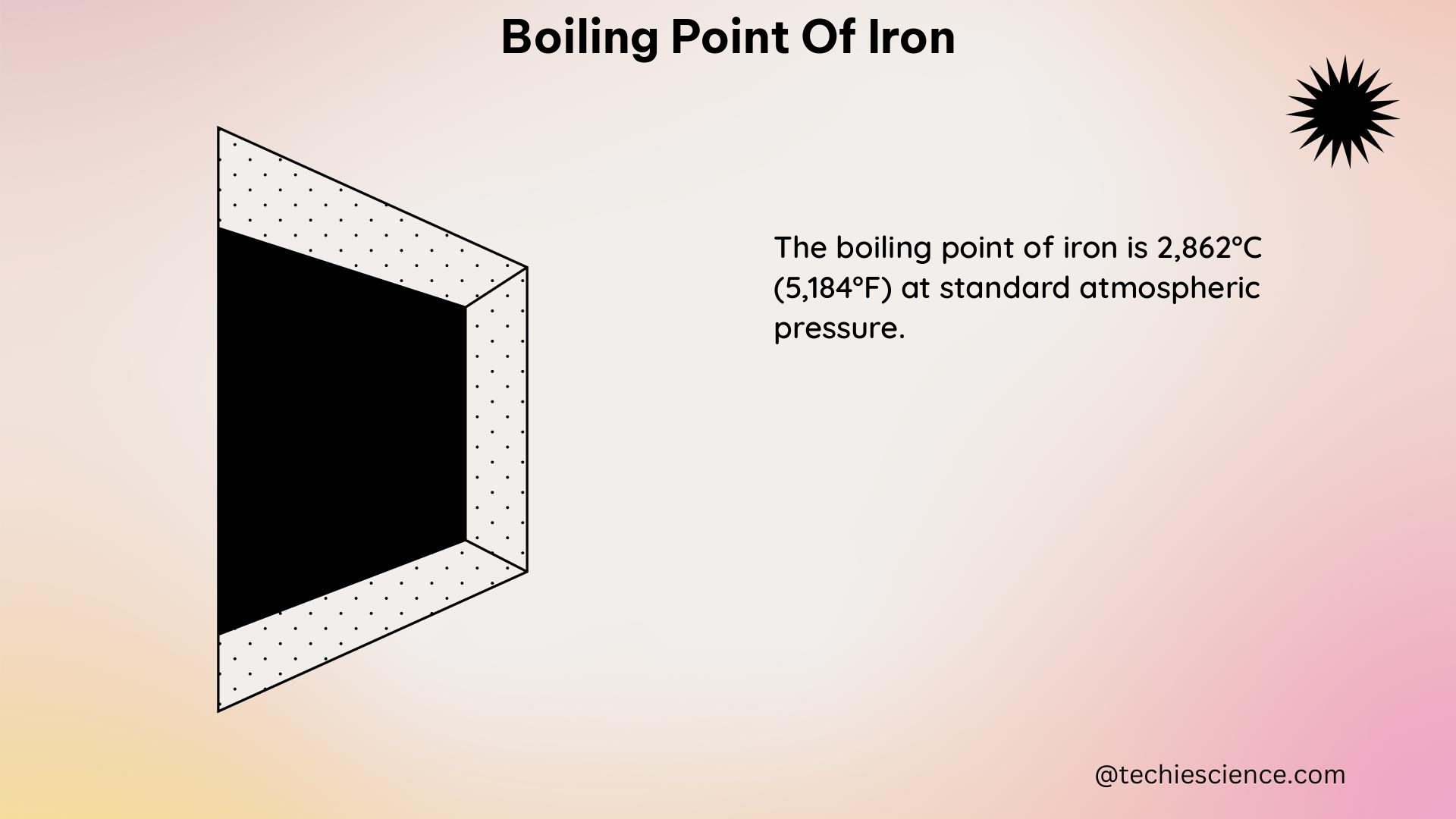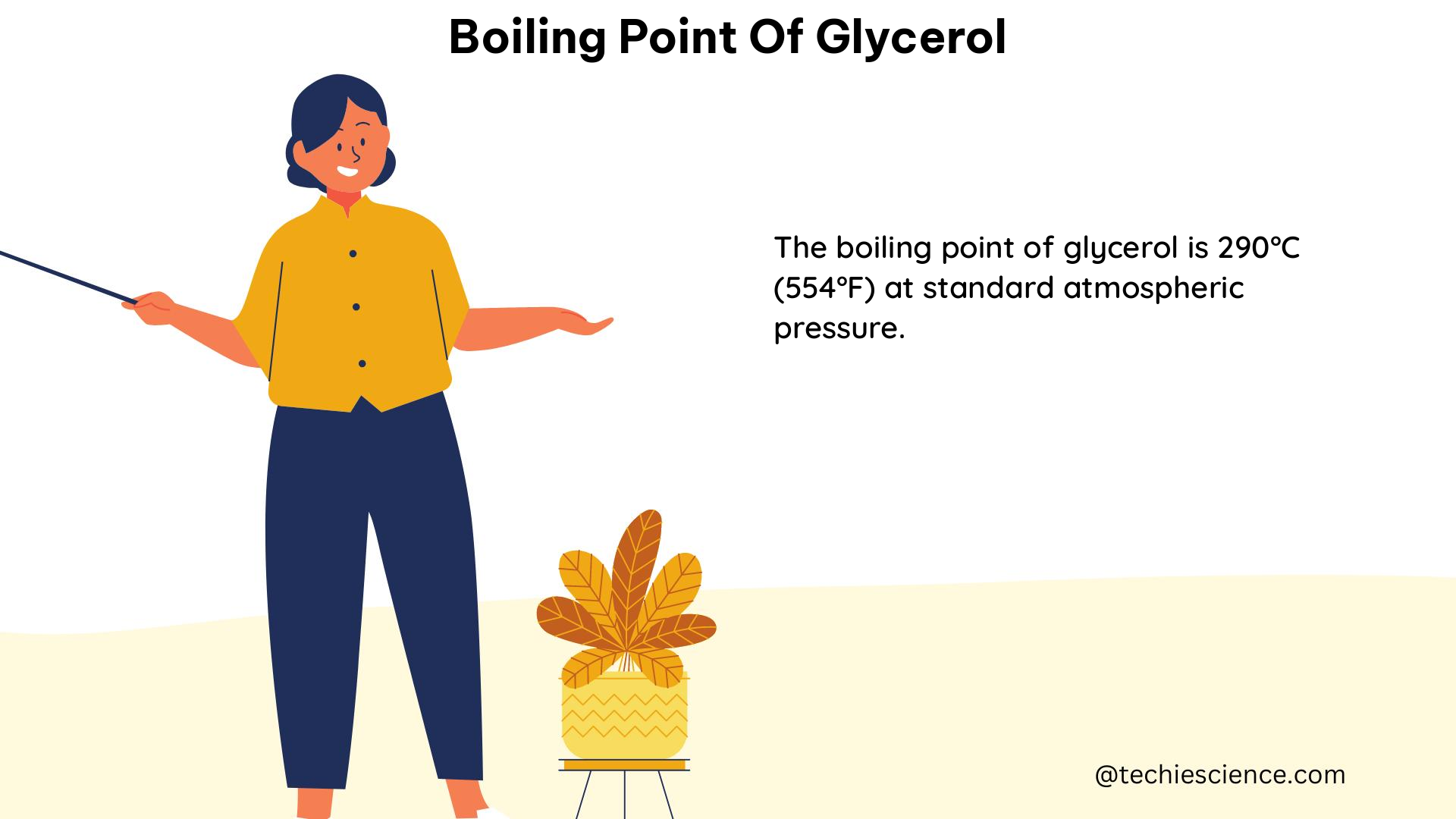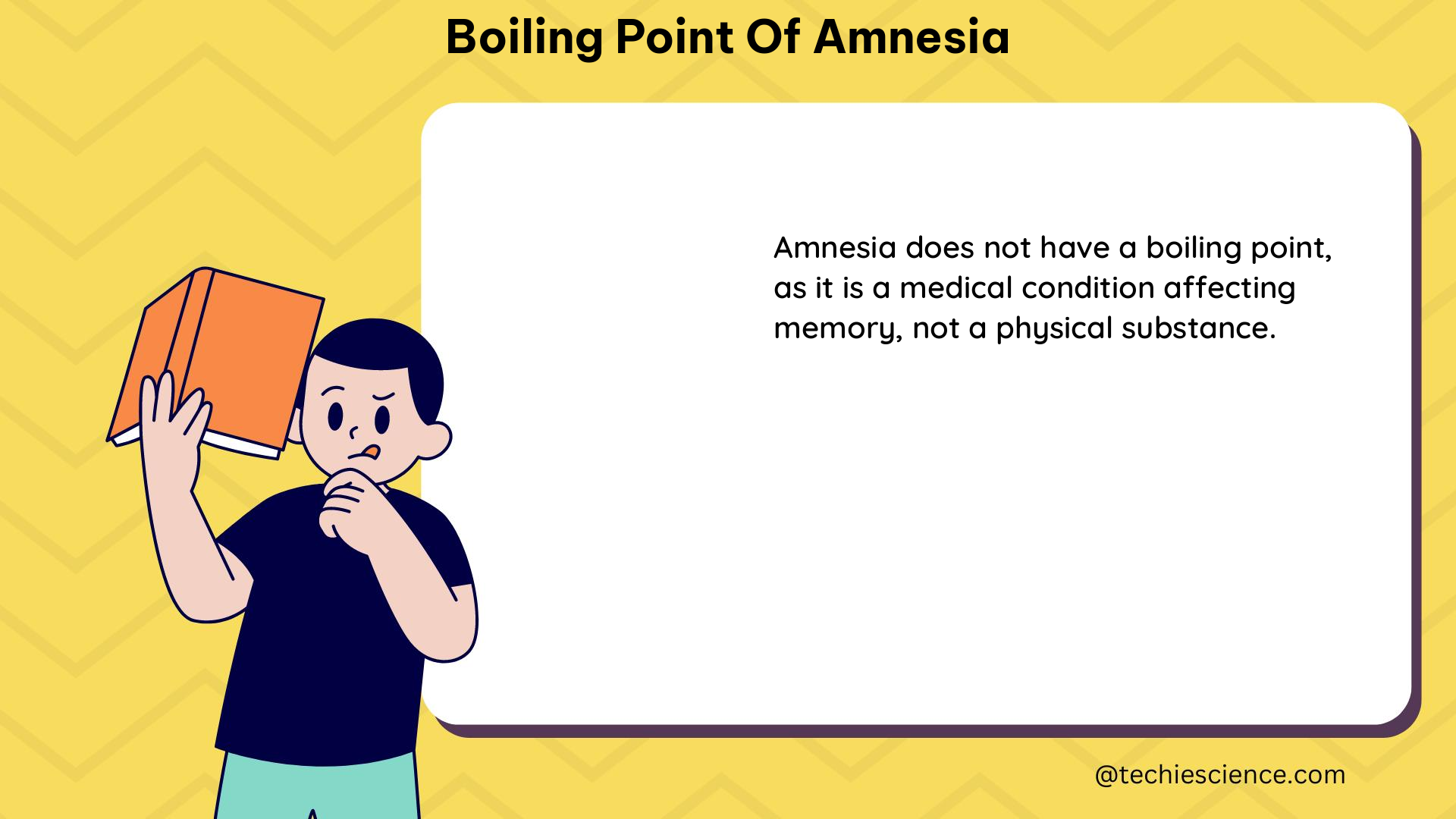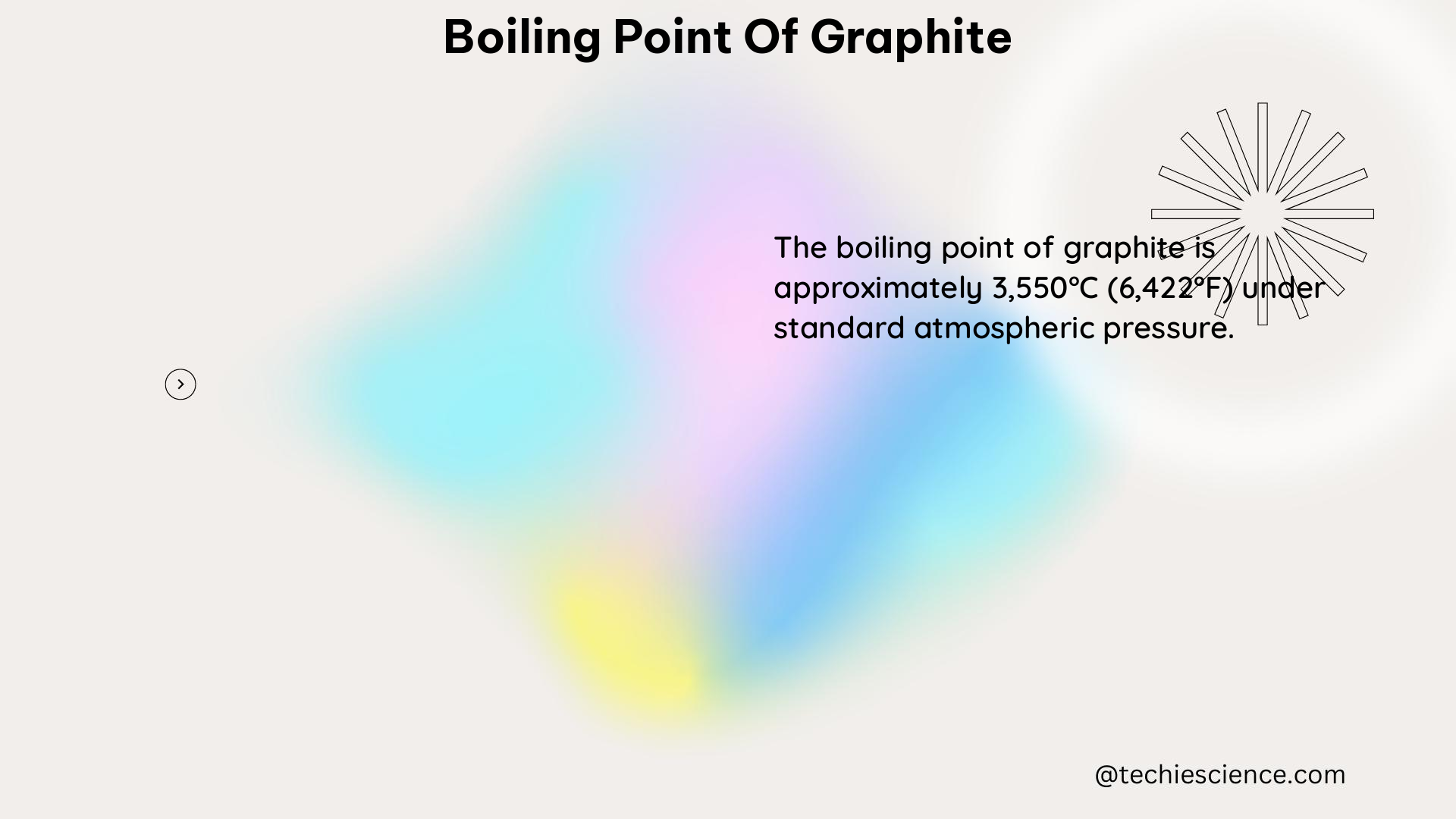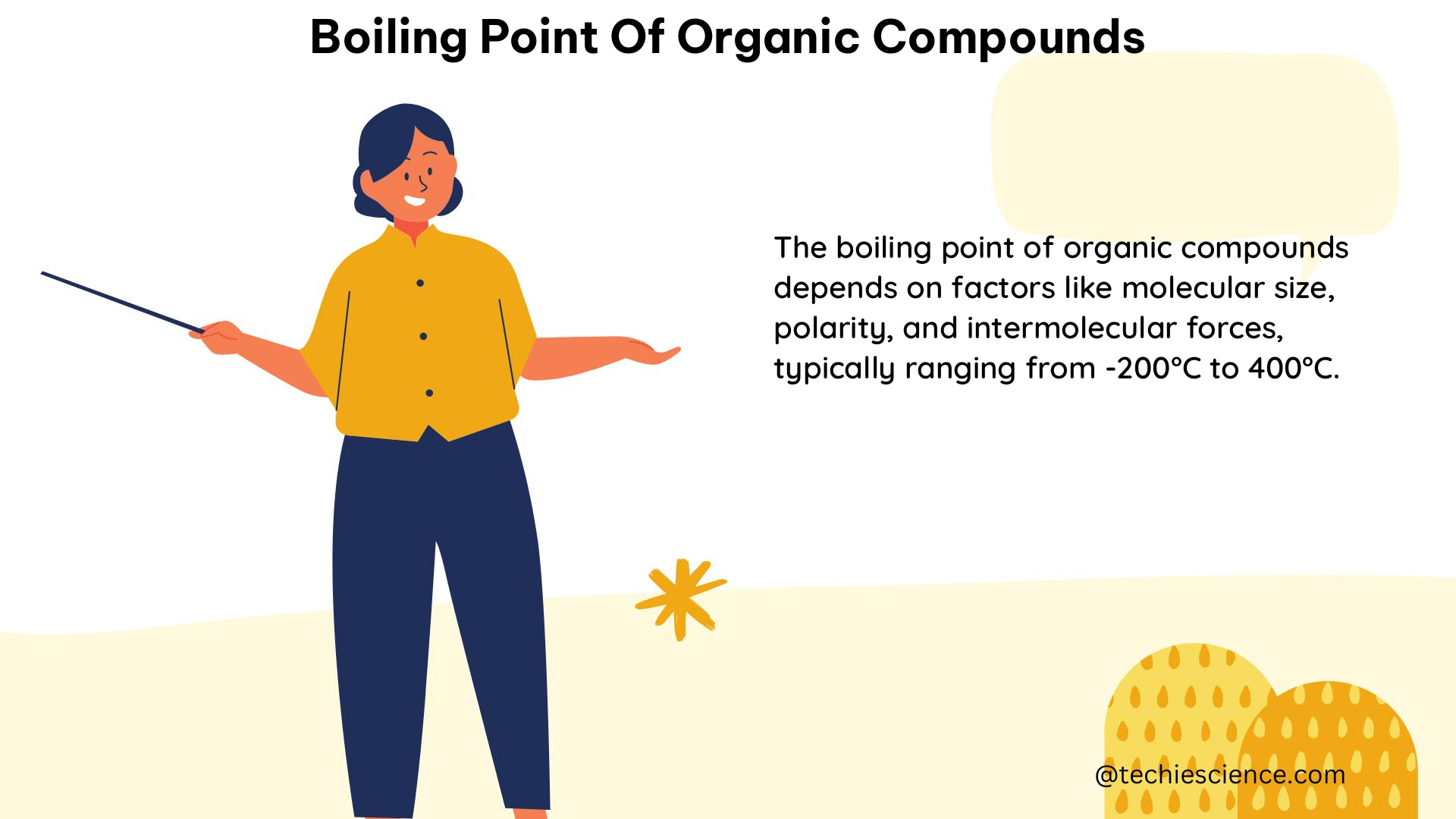The Boiling Point of Fluorine: A Comprehensive Guide
The boiling point of fluorine, a highly reactive and corrosive element, is a crucial property that has significant implications in various scientific and industrial applications. At 85.03 Kelvin (-188.11 degrees Celsius or -306.60 degrees Fahrenheit) under standard atmospheric pressure (100 kPa), the boiling point of fluorine is relatively low compared to other halogens, yet it … Read more
